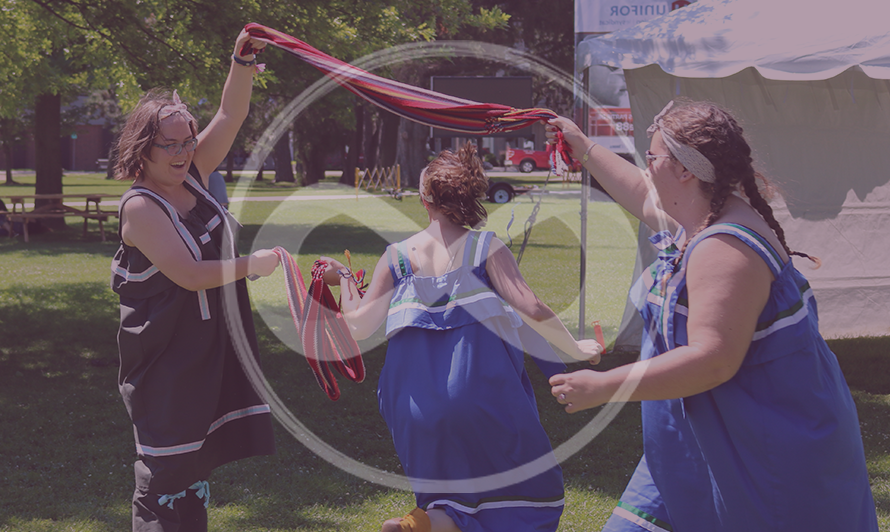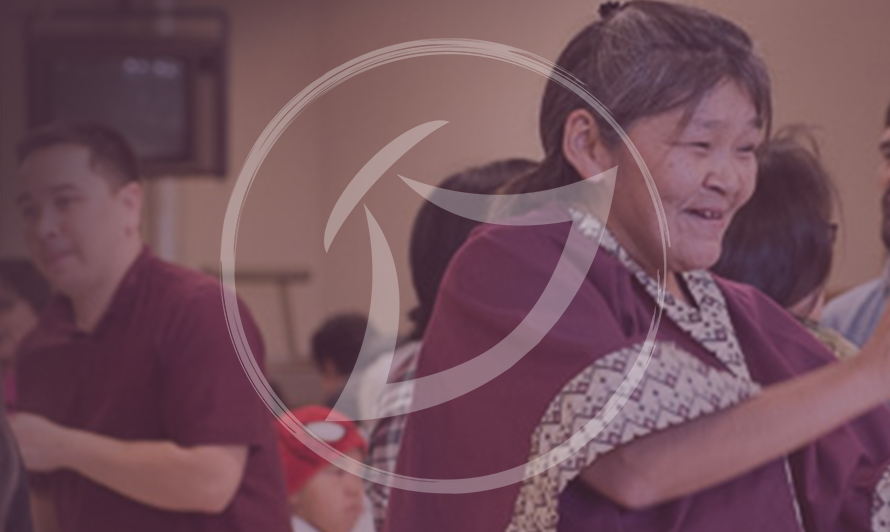Quit Smoking
Did you know the benefits of quitting smoking can be felt almost immediately?
- Within 20 minutes, your heart rate and blood pressure will begin to drop
- Within 2 days, your lungs and heart will be healthier
- Within 3 months, your lung function will be better
- Within 1 year, your risk of heart disease is cut in half
Quitting smoking significantly reduces your risk of tobacco-related cancers. Risk decreases over time, so the more distance you put between yourself and tobacco use, the lower your chances of developing cancer.
For some cancers, like lung cancer, the risk declines rapidly. It’s always a good time to stop smoking.
Tips to Help You Quit
Make sure to tell your healthcare team if you’re trying to quit, as your medication needs may change.
Cravings
Smoking cravings can happen at any time. Before you smoke try following the 4 Ds:
DELAY – Cravings often go away within 3 to 5 minutes so try to wait it out.
DRINK WATER – Instead of reaching for commercial tobacco, reach for a glass of cold water.
DISTRACT – Find something to keep your mind and hands busy.
DEEP BREATHING – It can help you relax and push away the urge to smoke.
Sometimes you need more assistance with quitting smoking, and there are many options you can seek out to help you on your journey. By employing a quit method using both counselling and medication, you can triple your chance of success.
Counselling
When quitting smoking, it is always helpful to have someone to talk to.
This could include someone like a family member, friend, Elder, pastor or community health representative. You can also seek help from medical professionals including your doctor, nurse practitioner, pharmacist, local public health nurse, your cancer care team or your community National Native Alcohol and Drug Abuse Program worker.
Other options include:
- joining a quit smoking group
- visiting the Smokers’ Helpline website
- calling Smokers’ Helpline at 1 833 998-8255
- visiting the Talk for Healing website
If you are in Northwestern Ontario, NWQuit.com has a list of places you can go for counselling and support. There are also many smartphone apps out there to help. Try searching the app store to find one that works for you.
It can be difficult to quit smoking by yourself. Consider finding someone to help.
Join a Contest
Sometimes it can help to join a contest, since it gives you a sense of reward over and above how good it feels to quit smoking. The support of a group can also be the motivation to see you through your quit smoking journey. Both Run to Quit and the First Week Challenge Contest offer you the opportunity to quit alongside others and even give you the chance to win a prize!
Medication
There are many different types of medication you can use to help with quitting smoking, both prescription and over the counter. Nicotine Replacement Therapy or NRTs can help reduce nicotine cravings and withdrawal symptoms, and in some cases can even double your chances of successfully quitting. Be sure to talk to your pharmacist or healthcare provider for help finding the medication that is right for you.
If cost is an issue, some private insurance or benefit plans, such as the Non-Insured Health Benefits Program for First Nations and Inuit or the Ontario Drug Benefit plan, will even help you with the cost.
There are also some programs available to provide help, including STOP on the Net which provide free Nicotine Replacement Therapy. The Centre for Addition and Mental Health is also always available to help you quit smoking.
As always, be sure to talk with your healthcare provider before beginning any medication.



